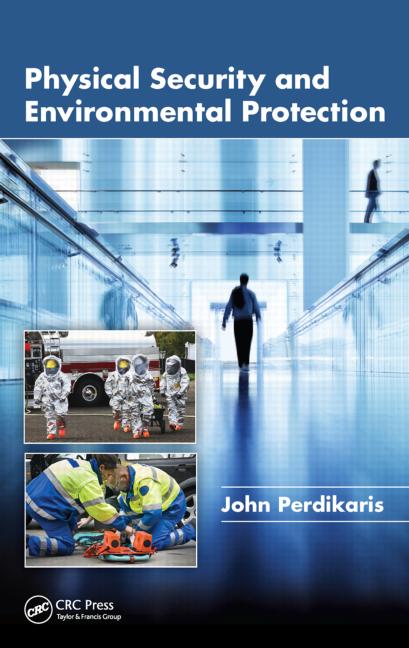The world seems to be getting increasingly disconcerting by the day. We’ve witnessed the United States shoot down a number of “balloons” that were traveling the Western winds over the U.S. and Canada. The government says they have collected some of the electronics from the potential spy balloons for their analysis.
And of course, we as citizens will never know what was floating over us. Kind of like why the CCTV cameras were disabled on Jeffrey Epstein’s prison cell before his death … it makes a fellow wonder.
We are rapidly reaching a point where almost all of our private and public lives are easily available, and crooks are taking advantage of this every day. After two identity thefts in one year I am at a point where I check my bank statements daily to see if there are any strange transactions.
The nuclear explosion of residential IP video can be great for our business, but there’s a hidden cost that dealers, installers and customers are not aware of until it is too late. While Wi-Fi has been made much more secure with 802.11AC encryption at the local level, streamed video over the Internet can be intercepted, although if it has robust encryption it should withstand attack. While the stream may be protected, what about access to the servers? Who vets the IT technicians working on computer networks?
In an effort to raise the security level of website access as well as customer reassurance, many organizations are going to two-part authentication. We’ve all experienced this, where after you sign onto a bank or other fiduciary web site with your user/password, the site will indicate that it is sending a text message to your phone with a distinct one-time code that must be input within a certain time frame.
Personally, I feel pretty good about this as after being defrauded twice I appreciate all the help and security I can get.
What this applies to in our industry is simple: as customers (like me) become more paranoid they may well ask a technician arriving for a service call for their identification and proof that they do indeed work for your company. The signage on your trucks isn’t enough.
One of the “benefits” of the COVID-19 nightmare is the invention or modification of various businesses. We decided that our two cats, Guinzo and Tip Toe, were in need of a veterinarian’s trip for general checkups. Anybody that owns cats knows that it can be difficult (not to mention bloody) to get a cat into a carrier for the trip to the vet. Letting my Google do the walking I found a vet who makes house calls. House calls? You mean like doctors used to do? As our two cats can be a handful, we chose the home vet visit option.
The vet pulled up in front of my house in his logoed van, and came to the door with his assistant. After they came in the house, I asked a question: Can Mr. Vet prove that he is indeed a veterinarian? He proceeded to pull out his phone and show me a photo of his vet diploma from Purdue. After putting his phone away he said, “You are the first person who has ever asked me for proof of my degree.” The appointment was completed with only two puncture wounds suffered by humans, unfortunately received by the assistant.
I believe where installation companies can stand out from the pack is in the presentation of their technicians to clients. Your company isn’t your building, your P&L, your trucks or your yard signs. Your company is the people who work for you that interface with the public, such as technicians.
“ We are rapidly reaching a point where almost all of our private and public lives are easily available, and crooks are taking advantage of this every day.”
Think about how your techs appear to your customers when they make a service call. Do they have uniforms? Do they have a name with picture laminated card clipped to their shirt? Do they have business cards? This might seem old school but it will surely make a positive presentation when your tech knocks on the door, puts on the plastic booties and hands his or her business card to the customer, letting them intuitively know they are in good hands with your firm providing their life safety and/or security systems.
As this is a networking column, let me leave you with this. The business pundits (who are usually 180 degrees wrong) are predicting a large shortfall in worldwide copper production starting soon. Peru produces about 7 percent of the world’s copper and is currently in political strife, with copper shipments being stopped.
Internal strife has crippled copper shipments from the Democratic Republic of the Congo in Africa. There is also a dark cloud around EVs and solar power generation, as EVs need three times the copper of a non-electric vehicle, with standard cars needing about 60 pounds of copper each. As the world increasingly turns to electricity and away from fossil fuels, the need for copper will expand dramatically.
“There’s just been the assumption that copper and other minerals will be there. … Copper is the metal of electrification, and electrification is much of what the energy transition is all about,” Daniel Yergin, S&P Global vice chairman, stated in a commentary posted on kitko.com.
“May you live in interesting times” sounds like fun, but apparently it is an ancient Chinese curse. And things do indeed look interesting for security integrators into the future.






